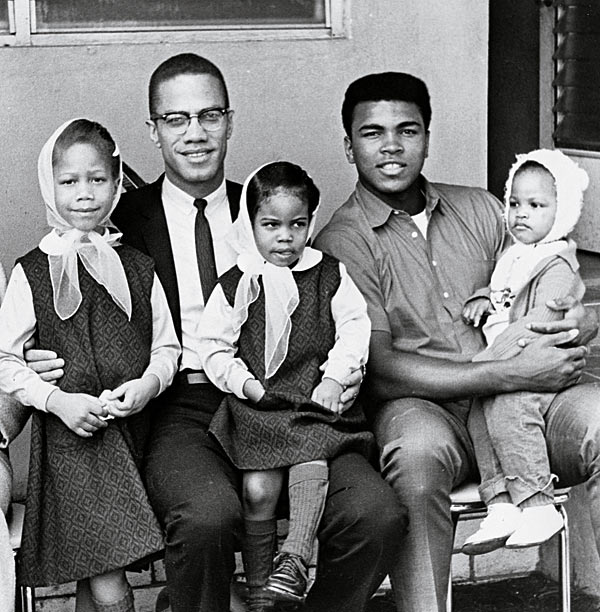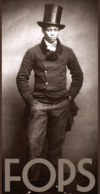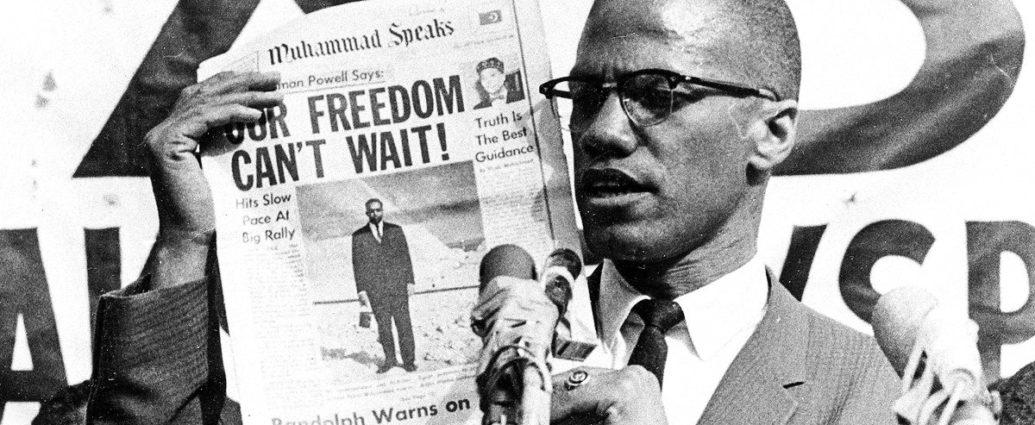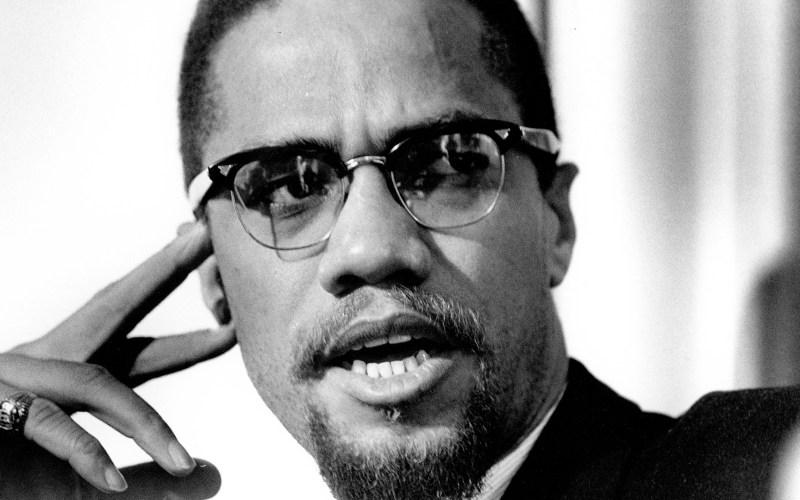The American Experience Malcolm X: Make It Plain

Nearly 30 years after his death, Malcolm X continues to cast a long shadow, his legacy filled with myth and misperception. If “Malcolm X: Make It Plain” does nothing other than live up to its title, it would serve a worthwhile purpose. But by shedding real light on the man, it does much more: It gives vent to the heat that still whips through America’s struggle with civil rights.
Nearly 30 years after his death, Malcolm X continues to cast a long shadow, his legacy filled with myth and misperception. If “Malcolm X: Make It Plain” does nothing other than live up to its title, it would serve a worthwhile purpose. But by shedding real light on the man, it does much more: It gives vent to the heat that still whips through America’s struggle with civil rights.
At the beginning of this compelling 2 1/2-hour examination of one of the more complex figures of modern America, black historian John Henrik Clarke gives simple eloquence to the engine that drove Malcolm X’s thinking: “While the other leaders were begging for entry into the house of the oppressor, he was telling you to build your own house.” The idea was controversial then. And, remarkably, so it remains.
Those facts were well documented by Alex Haley in “The Autobiography of Malcolm X,” and they are clearly laid out here. Malcolm went through several metamorphoses. He grew up as Malcolm Little, an obedient son and stellar student in a political household; his parents were outspoken supporters of Marcus Garvey and his black pride, back-to-Africa movement. In both Nebraska and Michigan (where Ku Klux Klan membership was then five times that of Mississippi), the Little house was burned to the ground by angry whites. His father was killed (murder has never been ruled out) and his mother eventually institutionalized. This is not the kind of childhood that leads to either a sense of self or a sense of security without something else intervening.

Not surprising, Malcolm turned to the streets — to crime, drugs, hustling and pimping. In jail in his early 20s, he followed the lead of his brothers and sisters and converted to Islam, which altered his internal motor and his outward path. He soon developed into the Nation of Islam’s most fiery and provocative public presence, a prophet intent on spreading the gospel of black nationalism and pride.
His was a message both terrifying and inspiring. It made blacks intent on entering the oppressor’s house nervous, while the white community found his image easy to demonize without really bothering to listen to his words. The footage of him being interviewed by the white press of the time is almost comical — chilling, really — in its juxtaposition of the press’ baiting and Malcolm’s calm exterior and rationale.

What this documentary does so carefully is layer the facts with the humanity of the man who was sufficiently strong, proud, dynamic and persuasive to hold his own life up for others to learn from. As with other American leaders assassinated in the ’60s, this examination of that life ultimately leads to the tragic, unanswerable question that forever haunts those times: What might have been?


